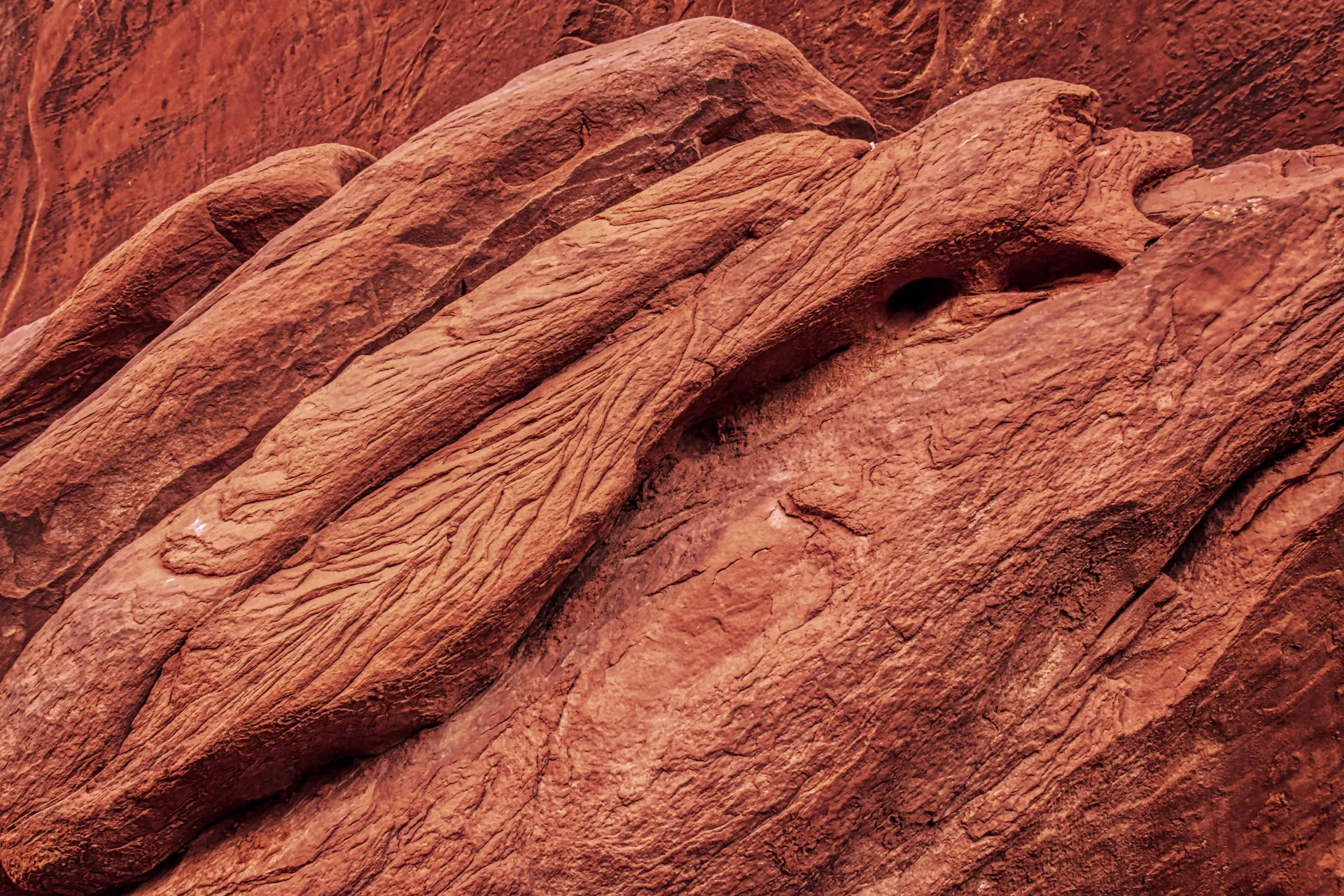
16th IAGOD Quadrennial Symposium 2026
August 30th to September 2nd 2026
Faculty of Sciences at the University of Porto (FCUP)

August 30th to September 2nd 2026
Faculty of Sciences at the University of Porto (FCUP)
Structural geology is an important factor in the formation and post-mineralization modification of nearly all ore deposits. Structural geology has an impact at all scales, from regional patterns to individual ore bodies. Understanding the structural geology of your project provides a foundation for successful exploration, resource definition and estimation, and effective and safe extraction.
This Applied Structural Geology Workshop will equip you with the tools and confidence to apply structural geology effectively at and add value to your projects, from regional grassroots exploration to mine-scale models. The workshop will highlight the differences in structures that play a key role controlling mineralization in a wide range of tectonic environments around the world, and how to predict the distribution of mineralization.
The Workshop:
Workshop Outline:
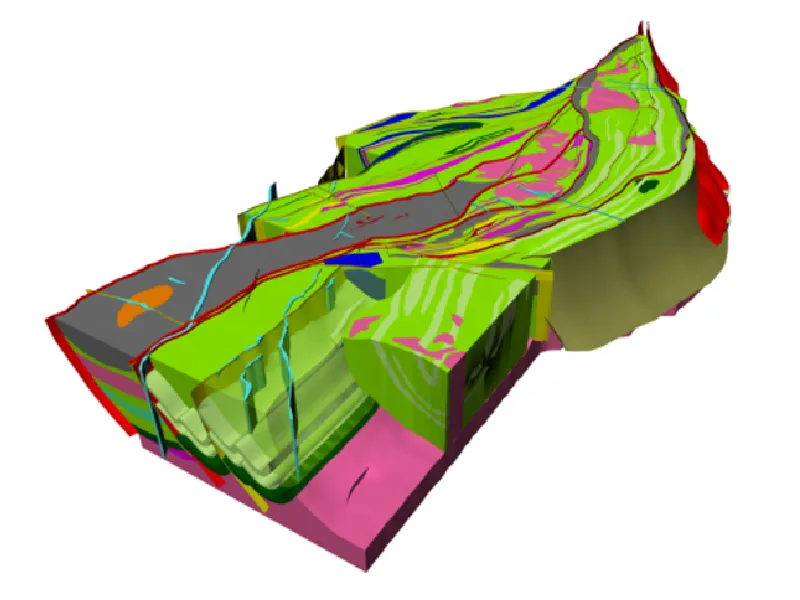

The workshop on Fluid Inclusions will provide the participants insights into their application to the study of ore deposits. By introducing the basics of a fluid inclusion study, including types and properties of geofluids, analytical methods, sample selection and sample preparation, fluid inclusions petrography, practical aspects of microthermometry, volatile analyses by micro-Raman spectroscopy, data presentation and data interpretation, the workshop will give the participants a general knowledge on this important subject.
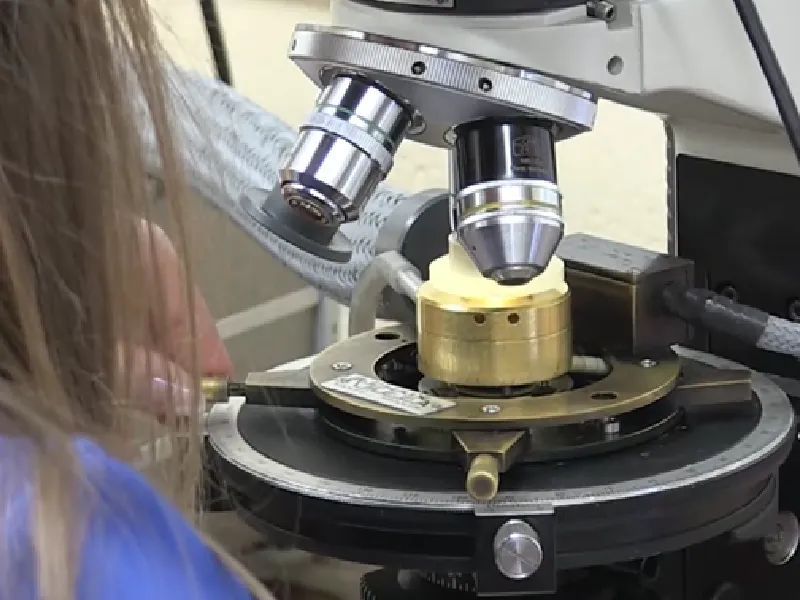
Student support available through EAG; please contact us if you are interested.
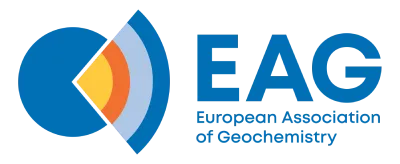
This is a ½ day (4 hours) petrography workshop focusing on exotic minerals of the Iberia. The focus will be on many mineral phases that are not routinely highlighted in a typical Igneous petrology/petrography class. The focus will be on minerals that occur associated with pegmatites in Portugal and Spain (e.g., Li-minerals, phosphates). The targeted audience are undergraduate and graduate students as well as professionals interested in these types of mineral occurrences.
Discover the principles LIBS, XRF, Raman and HSI and how these advanced techniques enable high-resolution elemental and molecular analysis.
Explore real-world case studies demonstrating the impact of these spectroscopic techniques in solving problems in geology and mining applications.
You are welcome to our labs to measure your samples and have first-hand experience with these techniques.
Meet scientists from diverse backgrounds and explore cross-disciplinary synergies. Discover how integrating different expertise can lead to new perspectives and innovative solutions in geochemical and geological research
This full-day, pre-conference course will provide a comprehensive overview on the geology of and exploration for orogenic gold deposits, the most widespread type of gold deposit globally. It will provide descriptions of the most important Precambrian and Phanerozoic examples of orogenic gold ores formed in the world’s young accretionary orogens and old cratonic greenstone belts. Topics to be covered include tectonic and structural controls, geological characteristics, geochemical and geophysical signatures, geochronological relationships, and exploration strategies. An additional component of the program will be the detailed evaluations of the various proposed, and often contradictory, genetic models that are critical to help define exploration approaches. Other gold deposit types with some overlapping features, particularly intrusion-related and Carlin-type gold deposits, will be compared and contrasted to indicate what type of resources are the most favorable targets for the explorationist in various provinces.
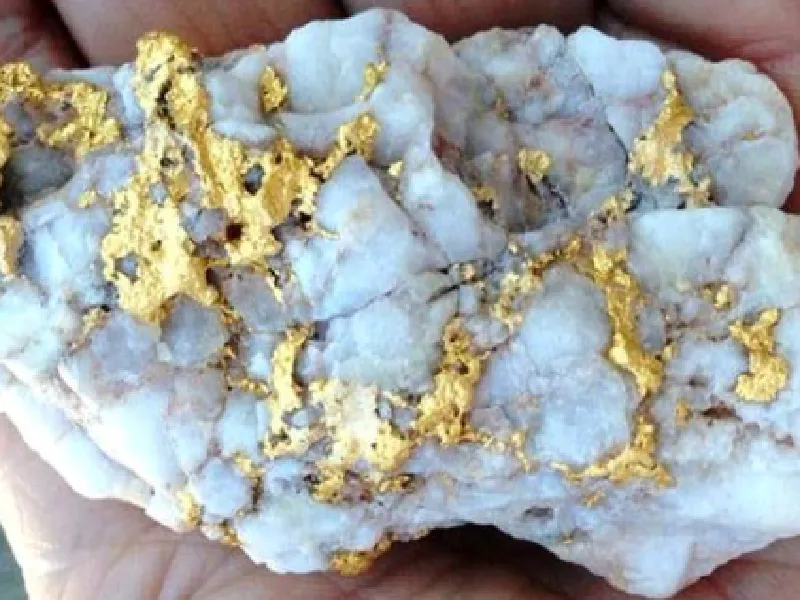
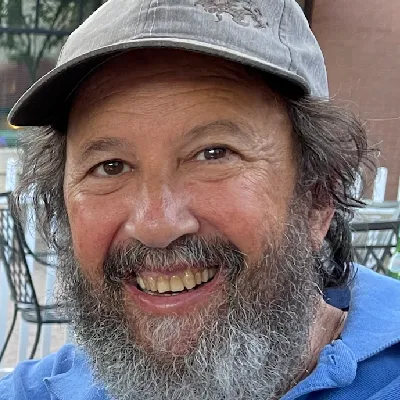
The workshop on the Principles and applications of Remote Sensing and Artificial Intelligence to the study of Ore Deposits provides the participants with a foundational understanding of how these two transformative technologies intersect with insights of their applications to the study of Ore Deposits. By introducing the basics of remote sensing, including sensor types, data acquisition methods, and image processing techniques, the workshop will equip attendees with the necessary knowledge to comprehend the vast potential of geospatial data. Artificial Intelligence (AI) has revolutionized the way data is analyzed and interpreted remote sensing data. Through machine learning algorithms and deep learning models, AI can process large datasets to detect patterns, classify land cover, unveil environmental changes, and produce predictive Ore Deposit maps with remarkable accuracy. The workshop will explore various AI techniques and demonstrate how these methods enhance remote sensing data analysis applied to ore deposits.
This half-day (4-hour) workshop will focus on hand sample analysis and ore mineral metallography, highlighting key metallic resources of active mines and former mines in Portugal. Since the North and Center of Portugal are characterized by the occurrence of several W and Sn deposits spatially associated with Variscan granites, particular attention will be given to the observation of samples from some of these deposits, namely Panasqueira (W-Sn), Borralha (W), Vale das Gatas (W-Sn) and Regoufe (W-Sn).
The workshop is designed for undergraduate and postgraduate students in Geosciences, as well as professionals interested in the formation, characterization, and exploration of these ore deposits.
At this seminar specimens from the FCUP collection will be exhibited.
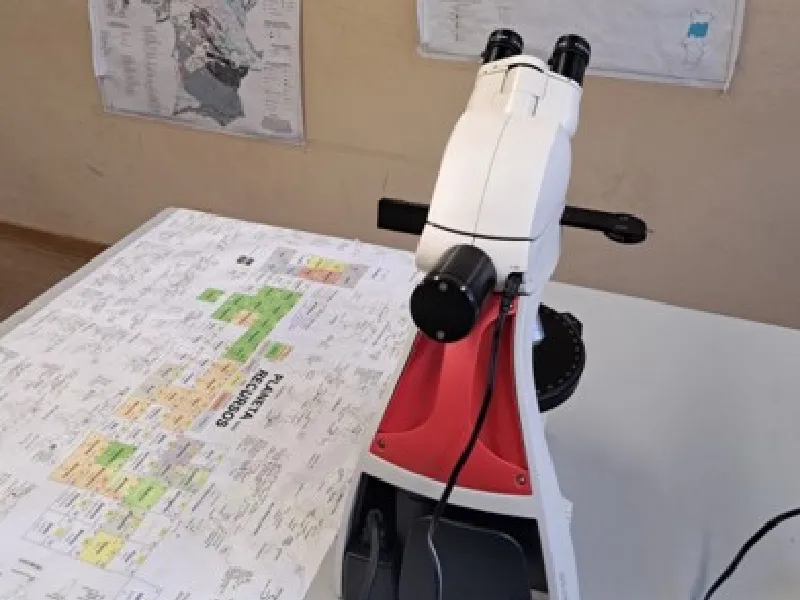
“Publish or perish” can be a terrifying taunt for early career scientists across all disciplines, especially for those with English as a second or third language. Although timely and high-impact publications are a requirement for climbing the academic ladder, most researchers rarely have the time or opportunity to improve their science writing skills for publishing in English. In fact, a large number of manuscripts may face immediate rejection—even prior to review—simply owing to poor English. Don’t let this happen to you!
This half-day workshop will provide easy and logical tips to quickly improve your English scientific writing skills, tools to craft a powerful manuscript and reviewer response techniques, and a support framework to expand the limits of your comfort zone in scientific writing in English. We will use hands-on exercises to identify and remedy poor syntax, improve clarity with less words, and alleviate language barriers blocking your way to successful publication. Participants are invited to bring a manuscript or text they are working on, and will have the opportunity to schedule a free, one-on-one coaching session.
The workshop will be led by Dr. Esther Posner, an American academic editor with a PhD in experimental and theoretical geochemistry and recipient of the American Geophysical Union’s 2018 Mineral and Rock Physics Graduate Research Award. Dr. Posner is passionate about effective science communication and has edited over 1000 scientific manuscripts written by non-native English-speakers. In 2022, Dr. Posner joined Elements Magazine as Executive Editor, while continuing to support scientists communicate their research in the most clear, efficient, genuine, and powerful way possible.
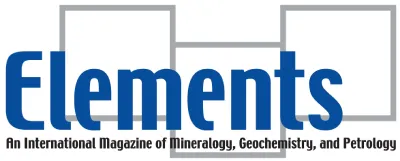
SecretariatSkyros Congressos
Email: iagod2026@inporto.events
Telephone: +351226165450
Porto, Portugal